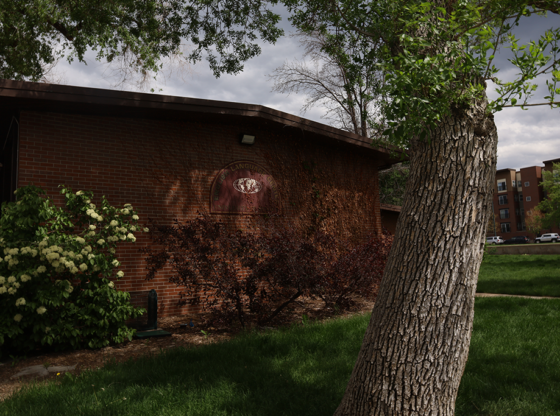This past week, May 14 – May 20, was Mental Health Awareness Week in the United Kingdom. Mental illness has carried a huge stigma for quite some time, and depression rates in young people have risen by 33 percent from 2013 to 2016 here in the U.S. However, this is positive and negative: negative because of the high number of depressed young people, but positive because it means more people are getting diagnosed and seeking help for their illnesses. With these statistics in mind, it’s important to look at what DU is doing to help students with mental illness.
One of the biggest problems for young people is getting a diagnosis for their illness, and while the rate has risen, it’s still not completely destigmatized. If someone suspects they may have a mental illness when they are a teenager, it’s hit or miss whether they will get diagnosed or not. It can be due to lack of money, parents not believing their child or the teen being too afraid and/or depressed to ask for help. So if you aren’t diagnosed as a teen, it’s very difficult to get diagnosed as a college student and as an adult until you have enough money, which can be difficult when struggling with a mental illness. Depression and anxiety can be diagnosed more easily nowadays simply by visiting a primary care physician, but learning and developmental disorders, as well as other psychiatric disorders such as OCD, PTSD, bipolar disorder, etc., require deeper and more thorough testing that often costs a lot of money and requires a long-term evaluation of the person’s life and history of the disorder, usually with the testimonies of family and close friends. And that is just getting diagnosed; it doesn’t even cover treatment and the difficulties surrounding that.
Something that can be noticed on DU’s campus is the conversation surrounding mental health. When students talk about their experience with mental illness, they are either met with awkward tension or people attempting to congratulate the person for their experiences and hailing them as inspiring. This is not exclusive to DU by any means, but it makes mentally ill students feel like they don’t belong or that they can’t talk about an important part of their lives because they’ll either be ostracized or treated as an object used for the personal inspiration of others. It’s dehumanizing and one of the barriers keeping young people from getting diagnosed, because they can’t feel like they can talk to anyone about their feelings or struggles.
DU has some resources like the counseling services at the Health and Counseling Center and a Mental Health task force. However, the latter is not as well advertised, and the events listed on their page, such as Campus Connect Training, for educating DU students, faculty and staff on suicide awareness and training, and a Mental Health Festival in April with the dates and times listed as TBD, are ones that have had little promotion in the form of posters, flyers, announcements and/or emails. It is a good start, but clearly these things are not reaching the amount of students that they should.
Mental health is extremely important, and young people should be able to access resources if they need guidance or assistance. While DU is making an effort to be aware of mental illness on campus, they could be doing more to make students aware of the resources they offer and attempt to involve them in attempts to create a better discourse around mental health on campus. Many students would benefit from having a campus that actively discusses mental health and tries to encourage treatment for those suffering from mental illness, but right now, they are not getting that. Approximately one in five adults experiences some form of mental illness each year, so it is clearly something that isn’t going away any time soon. DU needs to make more effort to address it and work with students who are looking for help.











